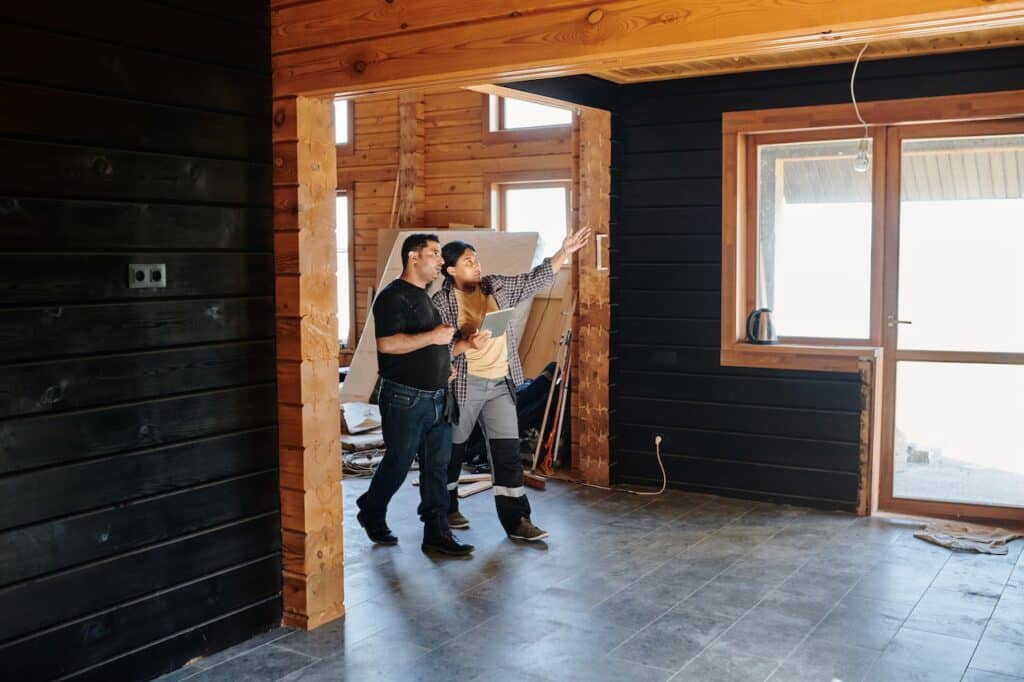Contents
Table of Contents
Building isn’t a perfect science, and it’s common for homeowners to come across minor defects post-construction. Most builders rectify these issues at no extra cost, particularly during the defects liability period of the building contract. However, sometimes disputes arise between builders and homeowners.
Understanding Your Rights Under the Home Building Act
The Home Building Act 1989 implies certain warranties into every contract for residential building work. This includes having the work done with due care and skill and using suitable materials for their intended purpose. A homeowner can file a claim against a builder based on a breach of these statutory warranties within 6 years for major defects and 2 years for minor defects.
Distinguishing Major Defects
A two-part test is applied to determine whether a building has a major defect. This includes inspection of load-bearing components, fire safety systems, waterproofing, and more. The major defect should be associated with defective design, faulty workmanship, defective materials, or non-compliance with the National Construction Code.

Insurances in Place
Homeowners should be aware that an insurance policy under the Home Building Compensation Fund generally covers residential building work. But the insurance won’t cover defective work automatically and can only be claimed under specific circumstances.
Steps Forward in Case of Building Defects
Should a homeowner find a defect, immediate notification to the builder and the HBCF insurer is advised.
The Role of Builders and Proactive Communication
Builders must ensure constant communication with the homeowners and collaborate to address defects promptly.
When Things Go Wrong
In case of relationship breakdowns between homeowners and builders, engaging with quality advisors at an early stage is highly recommended. PDC Lawyers specialize in handling building defects claims and can provide the needed representation. Contact us today on (02) 4288 0150.




